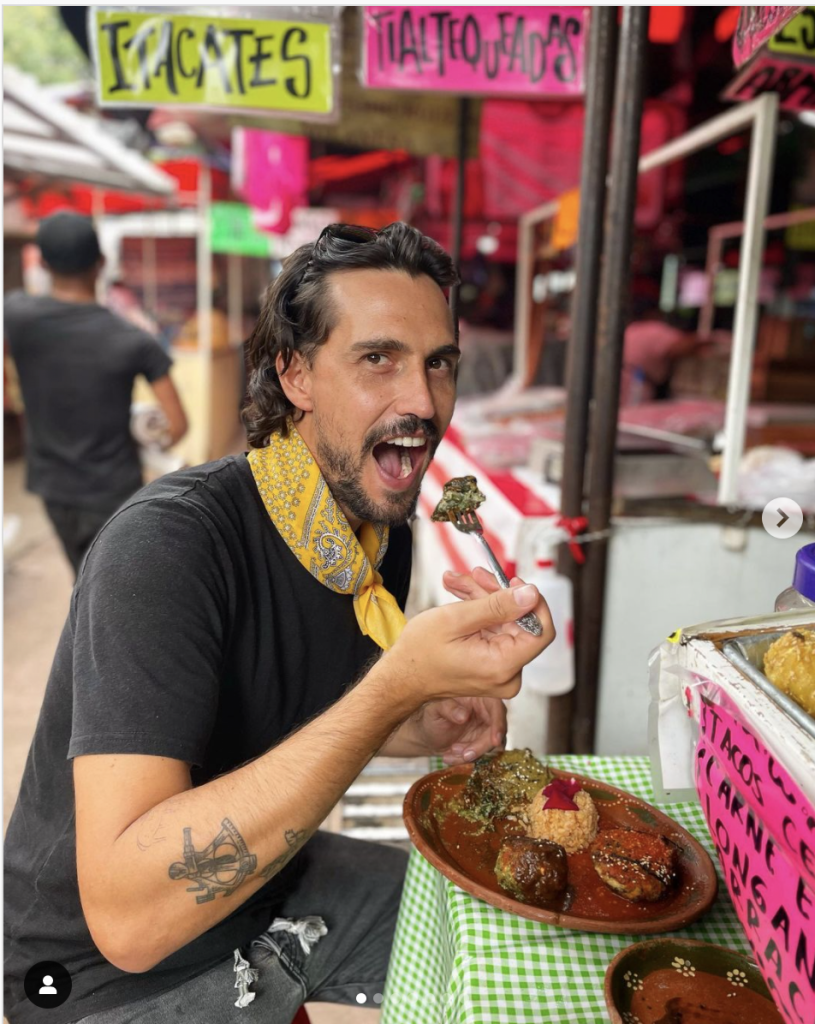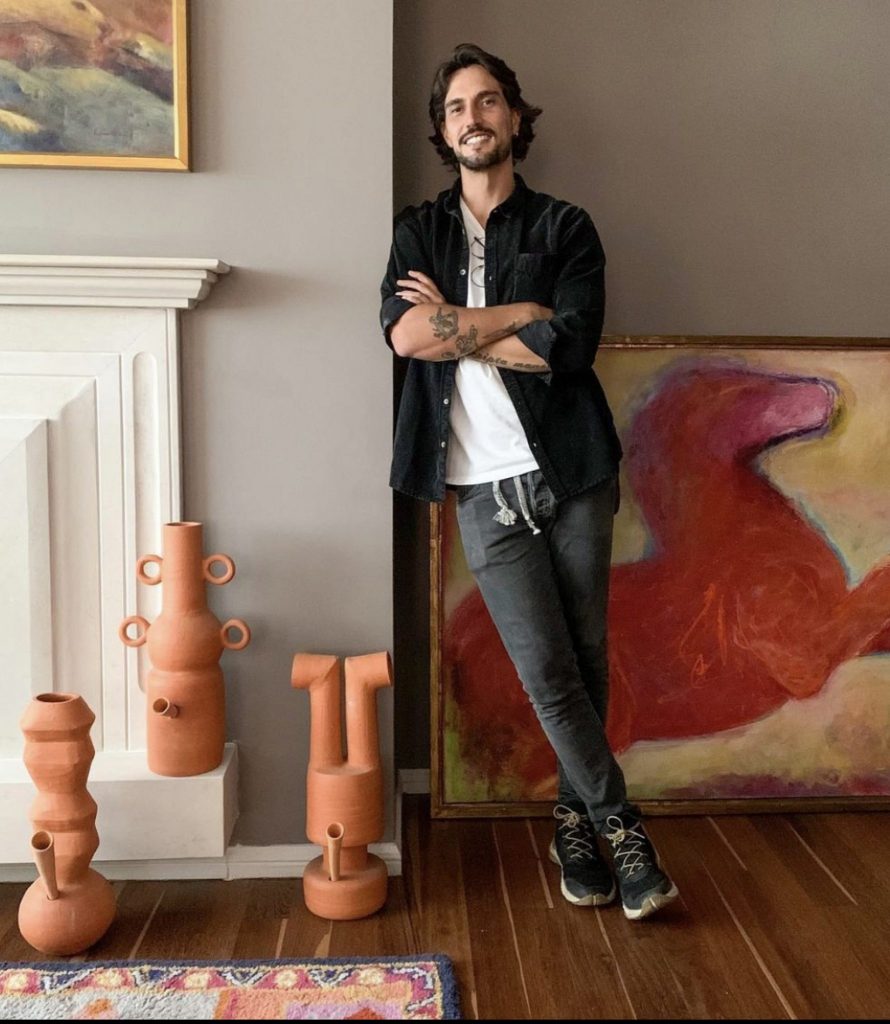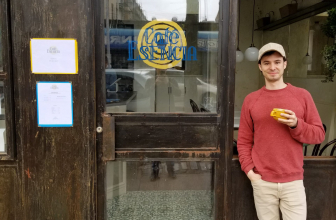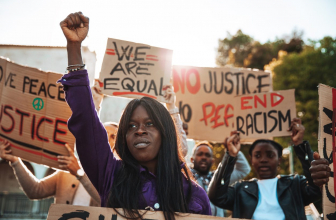
Welcome to another installment of the Entrepreneur Spotlight. In this series I seek to share unique stories about the bold, innovative and creative minds that are shaping the present and future of cannabis. I share these stories in a small effort to help further normalize cannabis in our society and to help destigmatize notions of what this industry is and who is involved in it.
Regardless of industry, the path of an entrepreneur can be complex, arduous and at times adventurous. Many entrepreneurs are driven by an unshakeable need to manifest their vision. Some are driven by desires of reshaping the world and leaving a lasting impact. I’d like this series to continue to focus on the people who choose to not mute out their entrepreneurial ambitions.
Once Again Instagram is My Friend
I’ve made it a habit to encourage readers to check out some of my previous contributions here on Flavor Fix. Also please take a moment to connect via Instagram using the link on my name above in the story title. This is where you can stay connected and remain abreast of projects like my upcoming cookbook “No Mistakes Allowed”.
In spite of some of the negative aspects of social media, I place a considerable amount of value on my Instagram page. It’s a small piece of internet real estate where I can present my work, announce projects and forge real connections with others with similar interests. Late last year I stumbled upon an Instagram post by Santiago Rodriguez Tarditi. In the post Santiago was eating marijuana burgers in a small town marketplace in Mexico. Naturally I had to learn more about him and his journey. I’m always intrigued by chefs who can successfully make great dishes that are both vegan and cannabis infused. I was literally blown away by this post and felt inspired all at once. Soon after, I reached out to him and he was kind enough to grant me an interview for this series.

Later this year I plan on traveling to Mexico and other parts of Latin America. I intend to learn more about indigenous herbal medicines as well as getting more familiar with the farming practices of these lands. I also wish to learn more about the food, art, music and culture. I have a passion for meeting multifaceted people who share similar interests.
I hope you enjoy learning more about Santiago and his vision. He along with the other people featured in this segment represent the continuum of a more educated, ethical and ambitious cannabis enthusiast. I hope these stories inspire you to launch your ideas into the world!
These are exciting times of change. If you’re working on an innovative cannabis project and are interested in being in the next installment of this series please get in touch or leave a comment below.

Please describe yourself and your work.
I’m a Colombian-born Political Scientist with a background in journalism and a focus on fighting inequality, from animal rights and veganism to social justice and environmental protection. I’ve been blessed with the opportunity of working in global media for some of the most respected platforms, from Monocle magazine in London to Univision in New York City and Gestalten in Berlin (a bookmaker with which I published High on Design: The New Cannabis Culture). These days I mostly work as a freelance writer for Leafly, Herb, and Different Leaf, to name a few.
Besides my work as a journalist, I’m also a conscious entrepreneur. In 2021, my wife Valeria Hinojosa (@waterthruskin) and I launched Intū, a plastic-free CBD company using vegan, non-gmo, pesticide-free hemp sourced from small farms across the West Coast, where it’s also lab-tested. We will be soon moving to Mexico in search of artisans to collaborate with and expand Intū’s offering through sustainable lifestyle products for the modern cannabis consumer.
That doesn’t mean we’ll stop creating content. In fact, we’re working on an educational app (Casa Earth) that will provide tools for everyone interested in embarking on an eco-friendly and wellness journey. We’re aiming to launch in April/May this year—stay tuned!

What qualities shape a person to be a leader in the cannabis space?
Acknowledging the responsibility we have as representatives of those who are still facing the impacts of the War on Drugs, whether it’s someone in jail for a non-violent cannabis-related offense or a peasant in rural South America being forced by gangs to grow their merchandise. Every cannabis entrepreneur and activist is privileged purely from the standpoint of freedom, and we must hold politicians accountable for those who can’t benefit from the paradigm change.
Another key aspect is respect for the plant. We must honor the fact that long before cannabis was added to gummies and disposable vapes, ganja was used in ceremonial scenarios in a ritualistic manner. Its industrialization has disregarded its sacramentalization, and I believe that’s when problems may start for the users; if we don’t set an intention before we consume it, we’re liable for potential bad trips (i.e. anxiety attacks/paranoia).
Furthermore, consciousness on the environmental impact of industrial cannabis is paramount. Everything we do has an impact on the planet, and currently we’re not being mindful of the amount of plastic and natural resources that are being used in the cultivation and commercialization of marijuana. Approximately 3% of all electricity in the US is being used to grow these plants. That’s just not sustainable.
Cannabis continues to become a more normalized aspect of culture in the US and elsewhere. Does anything about this shift excite you? Why?
It’s exciting to see that taboos are finally being broken and that the conversation is shifting, but there’s still a lot of work to be done. The racist political agendas that once dictated the oppressive laws are crumbling, making room for a wider conversation about drugs in general. Psychedelics are picking up the pace and proving to be beneficial in many ways partly thanks to the fact that cannabis is becoming more normalized.
That said, decriminalization and legalization must come with education and support for consumers and addicts, as well as reinvestment in society to build stronger communities. Liberating the plant is part of the process—we must now focus on liberating our minds.
How did the pandemic affect your business?
The pandemic got us into our entrepreneurial mode and made us launch Intū at a time of much uncertainty. If the world were to end, we wanted to share the medicinal virtues we have received from the plant for years. These days, more and more scientific research has shown the potential of different cannabinoids in preventing and potentially curing zoonotic viruses like the SARS Covid-19, which has contributed to an uptick in our sales.
How has your professional work fostered your personal growth? What have been your greatest challenges in this industry?
Intū was my first real enterprise and I got to see all the moving parts required to make it work. From the brand design, to the bottle manufacturing, to the sourcing of the plant, to the company registration process, to running social media and the making sure the logistics flow properly—there a lot that must be in tune for a company to operate. Keep in mind we started as a team of two and have slowly grown to four. Everything we earn is reinvested in the company. Launching a business isn’t for the faint of heart; I couldn’t have done it without my wife Valeria.
What do you foresee in the future of the cannabis industry?
I would love to see things slow down a bit. Making the industry less corporate and seeing more small farmers being supported by local governments. People planting their own crops and enjoying the process. We’re organizing cannabis retreats where we can integrate ganja into a holistic program with plant-based food, meditation, creative writing, arts and environmental connection all come together.
What about your work gives you a sense of fulfillment and/or empowerment?
I feel very privileged to be able to operate in the scene and stand out as a consumer, as well as an activist. So many friends and acquaintances are still in the shadows, forced to hide their connection to the plant due to societal pressures or corporate requirements. Being able to open new doors for others to exit these outdated standards (and then trailblaze in their own way) is gratifying. Having a voice in a historical moment is quite rewarding.
In what ways can cannabis empower your community?
Ending stigmas, particularly in Latin America, is the first step towards normalizing consciousness-expanding substances, which hopefully will lead to seeing the value of legalizing them. For countries like Colombia, a nation that has been losing thousands of lives and wasting millions of dollars on a failed War on Drugs, this could mean an opportunity to create a new narrative for generations to come.






